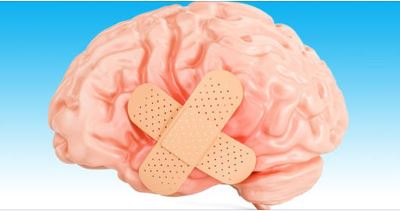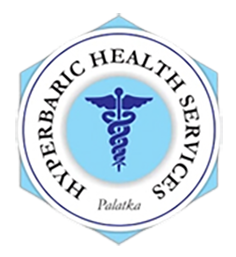
23 Nov Postconcussion Syndrome
A concussion is a traumatic brain injury that affects your brain function. Effects are usually temporary, but they can include headaches and problems with concentration, memory, balance, and coordination. Concussions are usually caused by a blow to the head but blows to other parts of the face and body can also create rotational forces to the head that cause a concussion. Some concussions cause you to lose consciousness, but most do not. It’s possible to have a concussion and not realize it.
The signs and symptoms of a concussion can be subtle and may not show up immediately. Most symptoms resolve in a few days, but sometimes symptoms can persist for weeks or even longer. Common symptoms after a concussive traumatic brain injury are headache, loss of memory (amnesia), and confusion. The amnesia usually involves forgetting the event that caused the concussion.

CONCUSSION SIGNS & SYMPTOMS
• Signs and symptoms of a concussion may include:
• Headache or a feeling of pressure in the head
• Temporary loss of consciousness
• Confusion or feeling as if in a fog
• Amnesia surrounding the traumatic event
• Dizziness or “seeing stars”
• Ringing in the ears
• Nausea
• Vomiting
• Slurred speech
• Delayed response to questions
• Appearing dazed
• Fatigue
You may have some symptoms of concussions immediately. Others may be delayed for hours or days after injury, such as:
Concentration and memory complaints
• Irritability and other personality changes
• Sensitivity to light and noise
• Sleep disturbances
• Psychological adjustment problems and depression
• Disorders of taste and smell
FROM MEDSCAPE MEDICAL NEWS
Hyperbaric Oxygen Therapy Eases Persistent Postconcussion Symptoms
Hyperbaric Oxygen Therapy (HBOT) markedly reduces multiple symptoms of persistent postconcussion syndrome (PPCS) following mild traumatic brain injury. (mTBI), results from a randomized controlled crossover study show.
In civilians and military veterans with mTBI/PPCS, HBOT led to significant improvement in postconcussion symptoms, memory/cognition, behavioral/emotional problems, and sleep, resulting in significant improvement in patients’ quality of life.
“This study is the culmination of 31 years of clinical treatment and research on hyperbaric oxygen for TBI,” lead investigator Paul Harch, MD, clinical professor of medicine, Louisiana State University Health Sciences Center, New Orleans, told Medscape Medical News.
“It’s also the first study that looked at both veterans and civilians, and the results really recapitulated what our experience has been,” Harch said.
Link to complete study below.
CONCUSSION PDF DOWNLOADS:
Hyperbaric oxygen therapy for mild traumatic brain injury persistent postconcussion syndrome


